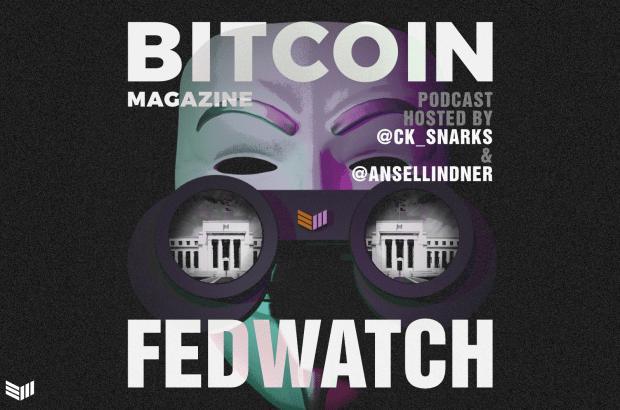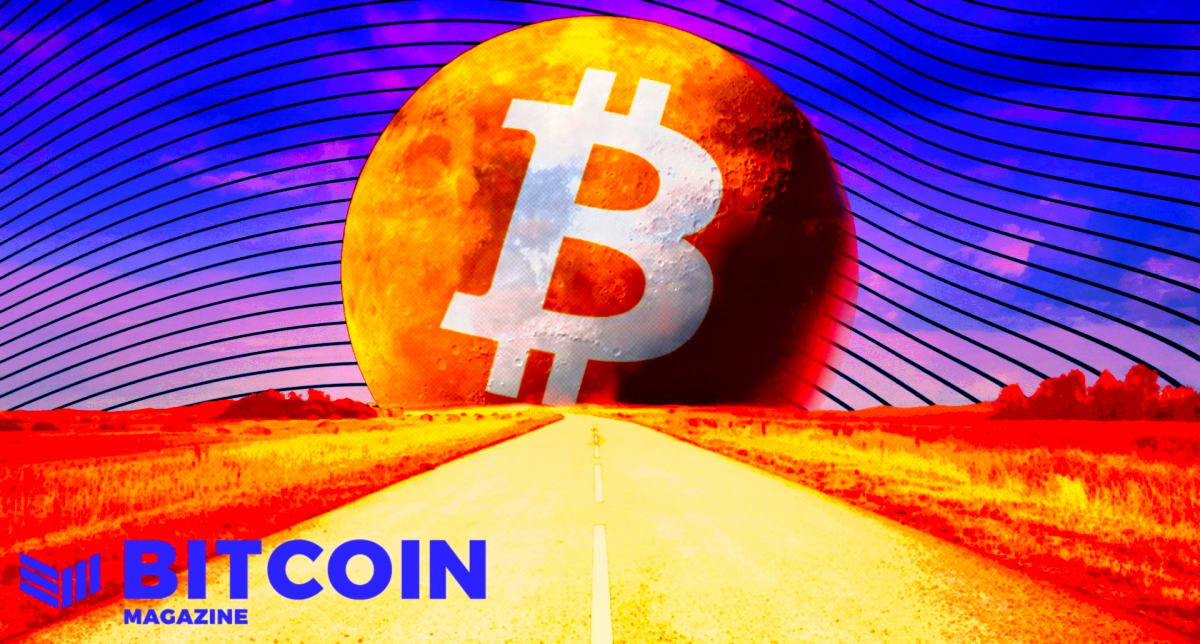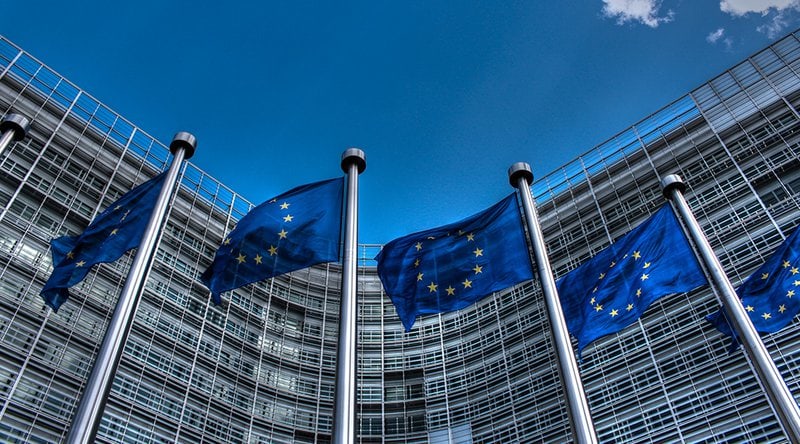Brazil Is Not Making Bitcoin Legal Tender: A Look Inside The Bill
Brazil is not following El Salvador’s example; here’s a breakdown of the country’s cryptocurrency bill.
- Brazil is not making bitcoin a legal tender.
- The Brazilian “virtual asset” bill seeks to define virtual assets and virtual asset services providers and increase investor protection by increasing regulation.
- The Central Bank of Brazil is more focused on developing its CBDC, the digital Real.
In the past couple of weeks, the approval of Bitcoin legislation in Brazil’s Chamber of Deputies’ Special Committee prompted many in the Bitcoin space to think that the country would follow El Salvador and make bitcoin a legal tender. News outlets, including Yahoo Finance and Investing.com, led a broader audience to believe BTC would soon be adopted as a legal currency in Brazil.
That is not the case. Not only does the bill not mention this approach, but the Central Bank of Brazil (BCB) governor Roberto Campos Neto has repeatedly said making bitcoin legal tender in the country is not on his agenda.
The bill, PL 2303/15, was approved by the Chamber’s Special Committee on September 29 and now heads to the Plenary for consideration, but whether the deputies will vote on the Plenary will depend on agreements between party leaders. The Senate follows, and the Presidency desk is the last step for the bill.
Contrary to the rumors, the bill does not seek to make bitcoin legal tender in Brazil. Instead, it tries to increase investor protection with stricter regulation for companies getting involved in “virtual assets,” per the bill, either by offering trading or custody solutions.
The legislation characterizes “virtual assets” as property — any digital representation of value that can be negotiated or transferred through electronic means and utilized as an investment or means of payments. This definition may be responsible for spurring confusion and misinformation, but using something as a payment method does not make it legal tender. For instance, Brazilians can use airline miles for purchasing airline tickets, everyday consumer items, and hotel stays, but they are not legal tender.
National and foreign currencies, electronic currency, loyalty programs such as mileage or similar, and digital representations of legal assets such as real estate and financial assets are not considered virtual assets.
The bill considers “virtual assets services provider” any corporation that executes at least one of the “virtual asset services” on behalf of a third party. The virtual asset services are exchange to and from fiat currency, exchange between virtual assets, transferring virtual assets, custody, and participation in financial services and services provision related to the offer by an issuer or selling virtual assets.
Companies interested in the “virtual asset” space will only be allowed to operate in the country provided they register and receive a permit, which might require authorization from entities of the federal public administration of Brazil. The Executive Power will determine which entity or entities of the public administration will regulate the industry and its companies and which virtual assets will be regulated.
The Digital Real
The BCB is moving quickly to create a Brazilian central bank digital currency (CBDC), the digital version of the country’s national currency, the Real. In May, the BCB published ten guidelines for the development of the digital Real.
Campos Neto intends to launch Brazil’s CBDC in the next couple of years. In July, a series of seven webinars, “The Digital Real,” was scheduled to happen between that month and November. The goal is to debate the ten directives posted in May with the Brazilian society, research use cases that might benefit from the CBDC, and the technologies best suited to implement the digital Real.
The power of the digital Real, data security details and secrecy, offline operations, smart contracts, and the internet of things (IoT) were discussed in four webinars over the past few months. The fifth webinar will take place tomorrow, October 19, to discuss the digital Real’s issuance, distribution, custody, and destruction strategies. The final two webinars will deal with international integration requirements and technologies for issuance and interoperability with existing systems.
Campos Neto has been very vocal about the digital Real and Bitcoin, but the governor has shown more interest in developing Brazil’s CBDC than adopting BTC as legal tender. The BCB explained that a digital Real would depend on instant payments, an open system, and a convertible currency.
Brazil’s banking system already enjoys instant payments and transfers. A new payment system introduced in 2020, Pix, allows anyone with a bank account to instantly transfer money to another bank account and pay a merchant with no fees.
The Brazilian open system is currently being rolled out in phases with the “Open Banking” and “Open Finance” initiatives. Both seek to integrate institutions and customers to allow the sharing of information at customer discretion for greater competition and better rates while ensuring the customer retains control of their data. This initiative is set to be finalized in December 2021.
The third and last avenue for making the digital Real a reality is currently awaiting to be voted on by the Senate. Bill 5.387/19 is one of the government’s priorities and seeks to simplify and modernize the Brazilian exchange market, Brazilian capital abroad, foreign capital in Brazil, and the reporting to the BCB.
Bitcoin Is Far From Becoming Legal Tender In Brazil
In short, it is clear, by the Bitcoin and cryptocurrency bill currently moving along in the different phases of governmental approval, the actions of the BCB, and the remarks of Campos Neto, that Brazil will not be making BTC a legal tender anytime soon. That is not even in the BCB’s plan or that of the government.
What is happening in Brazil is an increase in regulatory scrutiny regarding companies in the “virtual asset” space for “increasing investor protection.” The ability to use bitcoin and cryptocurrencies as payments for products and services, similar to airlines miles and other loyalty programs, will not make BTC or any other virtual asset a legal tender in the country. Instead, the BCB is focused on things it can control.









